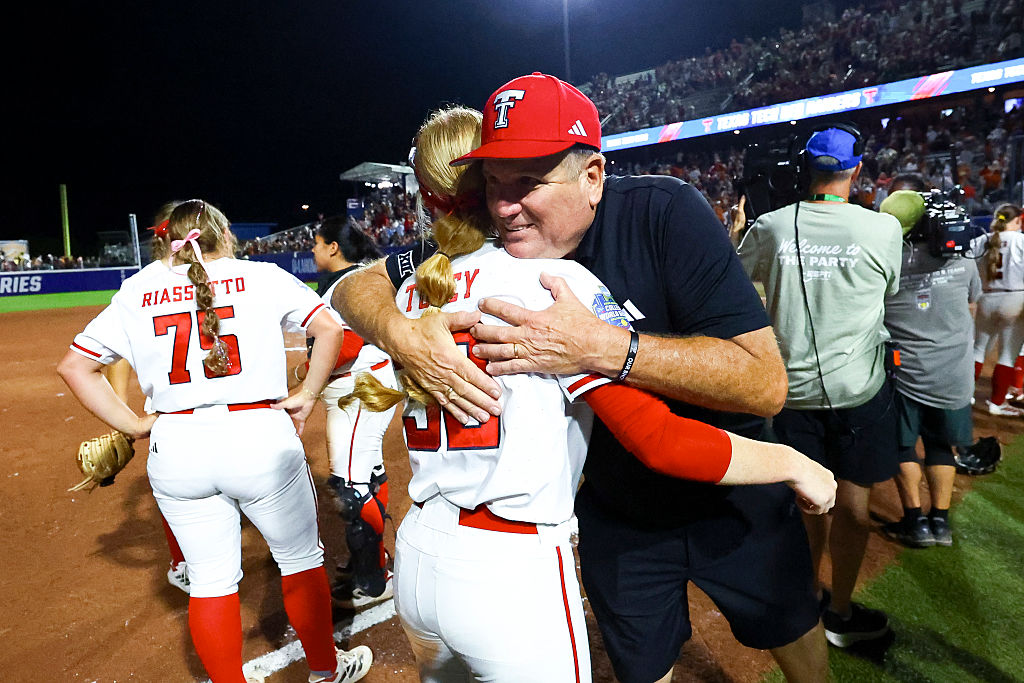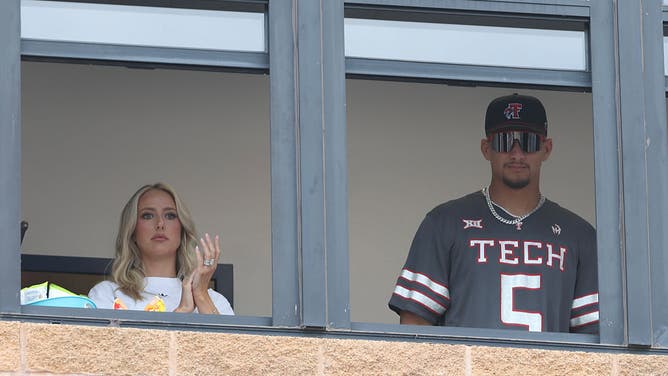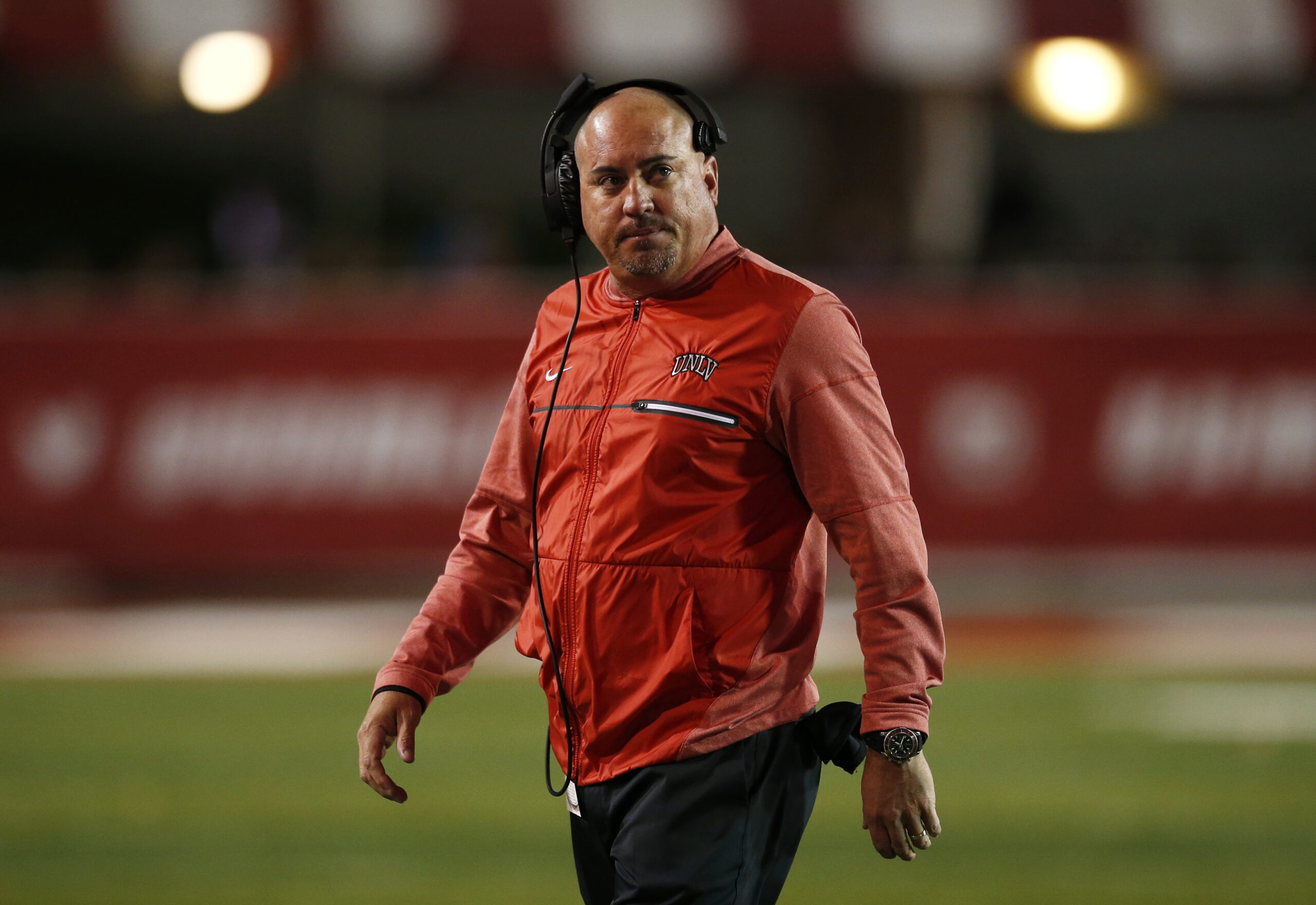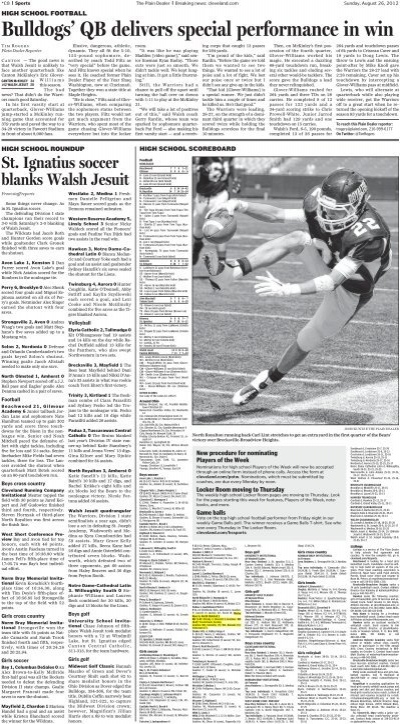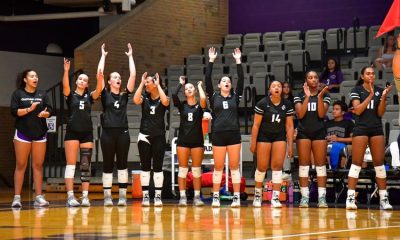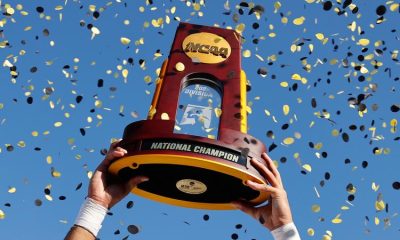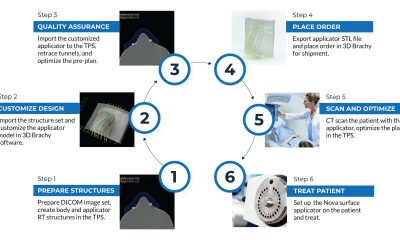Associated Press
Whether it was an ACC, SEC, Big Ten or Big 12 coach taking the podium at media days, one theme remained consistent: In an era where revenue sharing and NIL opportunities can swiftly steer athletes toward the transfer portal, programs across the country are racing to master the art of player retention.
Its importance is clear to Arkansas coach Sam Pittman, who has seen all but five players from his 2023 recruiting class leave for different programs.
“Here’s what it’s not because of: the way they’re treated, because of the way they’re developed, because of the way they’re taught,” he said. “That’s not the reason. It could be playing time. It could be finances. Probably the majority of it is finances, but you’d have to ask those guys.”
More than 3,000 Bowl Subdivision players reportedly entered the transfer portal this past spring, which would average out to about 22 players per team. For the Razorbacks, 10 starters will be back and one of them is senior defensive lineman Cam Ball. He has remained with Arkansas his entire career, a somewhat rare occurrence for an NFL hopeful these days.
“I’m just a loyal guy. I’m loyal to the state of Arkansas; Arkansas has been loyal to me,” Ball said.
Arkansas, like many schools, is also trying to scare up more money from donors as it faces the financial ramifications of the $2.8 billion House settlement; last fall, the athletic director said the school needed some $12 million more annually to “be in the NIL game from a football perspective.” Besides the money, the Razorbacks have to find talented players; Ball grew up in Atlanta, just barely within the regional footprint in which Pittman prefers to recruit.
“We have to go outside our state,” Pittman said. “In-state recruiting has changed over the last three or four years because of NIL. So you have to think about the talent — who it is versus what pay is expected. So that’s been a little bit more difficult in our state.”
Pittman isn’t the only coach who wants prospects to be familiar with what their college experience will look like before making any life-changing decisions. Florida coach Billy Napier paints a clear picture of life in Gainesville and the challenges and perks that come with it.
“We present our product in a way where we’re selling the degree, the alumni network, the Gator-made program, and you have to be up for the challenge of trying to get Florida back to where it’s been before,” he said. “And I think that’s one of the reasons we’ve been able to keep it together.”
Florida’s 2023 recruiting class remains mostly intact, and from Napier’s perspective, hungrier than ever. Compared to other SEC teams, the Gators have had more success with retention. Napier doesn’t think it’s a coincidence.
“We told them when they came in, you know, look, it’s not going to be all sunshine and rainbows here. We’re in this thing for the long haul,” Napier said. “I think a lot of this is how you pitch it in recruiting. We’re going to continue to do that, and retention is more important than it’s ever been.”
Coaches scrambling to prevent transfers and maintain consistency isn’t exclusive to the SEC. The approval of the House settlement is a double-edged sword when it comes to retention, and Power Four schools and beyond are feeling the effects. Third-party NIL deals are no longer the only negotiation tactic schools need to worry about.
Complex contracts are becoming common and legal risks grow for athletes and programs alike as college football increasingly resembles the pros. Some deals are being negotiated solely by athletes as young as 18.
As a redshirt senior, Louisville linebacker TJ Quinn is used to the process.
“I wouldn’t say I was nervous (to negotiate) because this is my third year of having to do that,” Quinn said. “You’ve got to kind of stand your ground with what you feel like is your worth. If you’re comfortable with their offer, then sign. Then you have some guys that’ll leave and go to schools to get more money and stuff. That was never really like a big pusher for me, to go out and get more money because I feel like I’m in a good situation here at Louisville.”
Quinn’s loyalty could be the most convincing negotiation tactic of them all. While programs use revenue-share dollars to sway prospective transfers, coaches have begun to reward loyalty.
“To some degree, it’s capitalism that you get what you earn. So the guys that go out and play well are going to get more than the guys who haven’t proven it yet,” SMU coach Rhett Lashlee said. “Everybody on the team’s not going to make the same. Fair doesn’t always mean equal.”
But he also said the Mustangs are not going to add players “making a whole lot more than those guys who have already earned it here.”
“And I think that’s what helps us keep a good culture, is try to start with: Let’s retain first, and then whatever’s left, let’s go build the best team we can for those guys,” Lashlee said.
North Carolina State’s Dave Doeren doubled down.
“A guy that’s been on a team three years, that’s playing well and earned it on the field should make more than a guy coming in the door. I think that’s a proper way to do business,” Doeren said, though he warned that might not be the case across the board. “Right now, common sense is not prevailing in college football.”
___
AP Sports Writer Aaron Beard contributed to this report.
___
AP college football: https://apnews.com/hub/college-football
recommended

